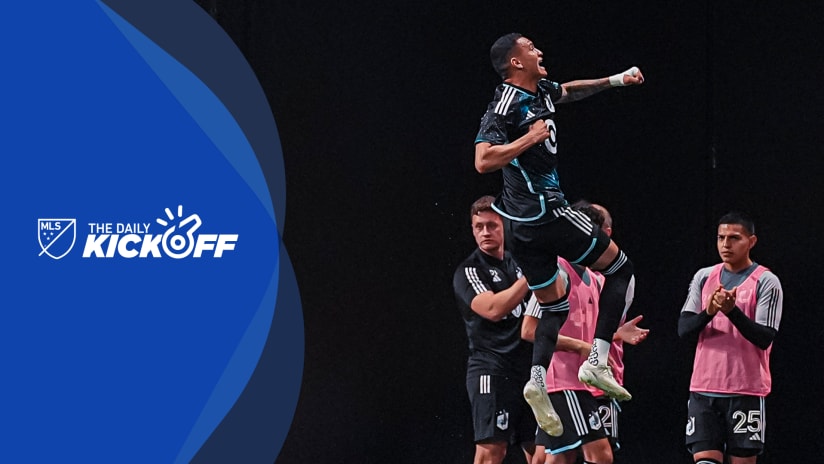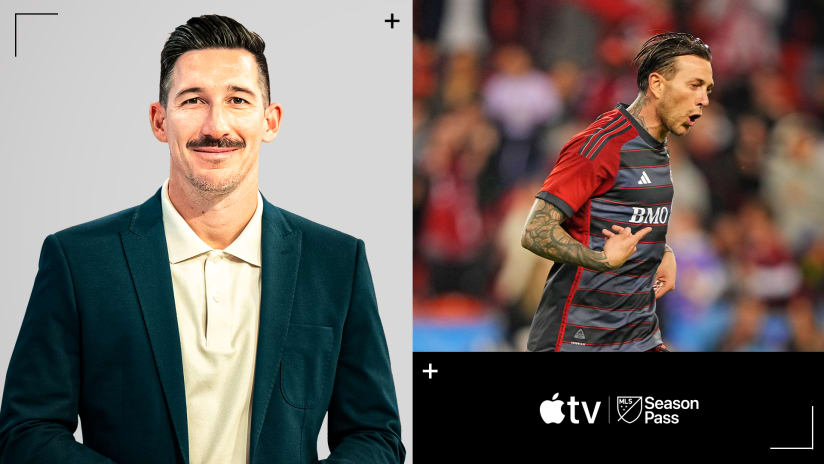trying to transform a rather ordinary South African national side, hosts of the 2010 World Cup, into a viable side within 2 1/2 years.
It certainly won't be easy because South Africa has been on the downside instead of an upswing in the past decade since capturing the African Nations Cup championship in 1996.
South Africa wants to avoid in becoming the first host country from failing to reach at least the second round of the World Cup.
"They have been sleeping for about 10 years, since they won 1996," Parreira said. "The team has not been renewed properly. The structure of the country doesn't help because they don't concentrate on the youth and the grassroots, which is the strength of Brazilian football. It's always having the young players, coming, coming, coming, coming.
"So we have to discover new talent in the league itself. the new talent develop at 23, 24. It's not like in Brazil, not at the young ages. We are working. We are exposing ... (more players) this year. Next year it's (more) players, testing them for 2009. Then we have a number of players, the core, that might play in the World Cup."
Parreira, 64, who coached Brazil to its fourth world championship at USA '94, faces a unique quandary. The best of the Bafana Bafana are signed with European clubs, but most are not regulars. The up-and-coming players perform in the South African first division, which isn't as competitive.
"We have 11 players on the national team who are playing outside," he said. "Not many of them are starters on their clubs, which doesn't help us at all. Going abroad and not playing on the big team and not being on the big team as starters doesn't help us. The player goes out and doesn't get the benefit."
Parreira said there are some similarities between his native Brazil and South Africa.
"Both countries, they enjoy the ball, the skill," he said.
But the South Africans play at a much faster pace.
"That's why it will take us some time to make a change here," Parreira said. "Here, we play direct with the ball too much. Too much speed. Sometimes speed becomes confused with hurry. So we should be more patient with the ball, having more of the ball. It is not an easy change."
In career that has spanned coaching four countries in five World Cups (Kuwait in 1982, United Arab Emirates in 1990, Brazil in 1994 and 2006, Saudi Arabia in 1998), an Olympic soccer tournament (Ghana in 1968) and a number of club successes, the task that faces Parreira could be one of the most challenging of his career.
However, it is nowhere near the pressure of coaching the Brazilian team.
"This is the first time we coach the home team," he said. "The feeling is completely different. So if you see people in the street, they are happy about this. 'Coach we support you. Coach we are right behind you. Coach, please we don't mind not being in the final. But please take us to the semifinal.'
"So the responsibility is too big," he added with a smile and a laugh. "The number of spectators, they don't care whatever. They think with their hearts. They're emotional. It's great."
Parreira noted the Johannesburg derby played between long-time rivals Kaizer Chiefs and Orlando Pirates a day prior to the draw in Durban Nov. 24.
"As you saw, the ambiance will be great at the World Cup," he said. "The stadiums will be filled up. The people will be very happy, very joyful. They sing. They dance as I've never seen in my life. But its very peaceful. I don't see any problems at any game here. not even before or after the game with 50,000 people. Very, very, very nice. I'm still saying the world will be surprised on how good the World Cup will be here."
Michael Lewis covers soccer for the New York Daily News and is editor of BigAppleSoccer.com. He can be reached at SoccerWriter516@aol.com. Views and opinions expressed in this column are the author's, and not necessarily those of Major League Soccer or MLSnet.com.










